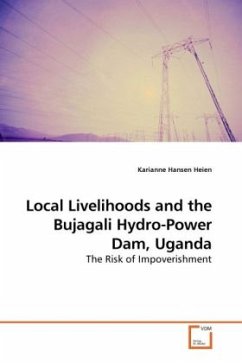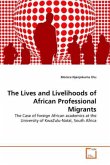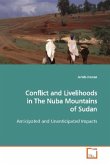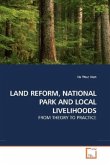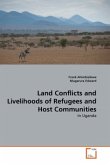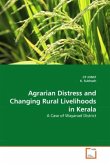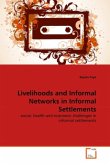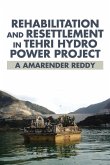Previous experience with dams shows that the local population carry a high proportion of the burden related to such projects. This paper intends to investigate the risks of impoverishment among the project-affected people in the resettled and downstream settlements in the Bujagali area, Uganda. The data is analysed through Cernea s Impoverishment Risks and Reconstruction model and the Sustainable Livelihoods approach. The first one provided the research with concrete indicators of impoverishment. The latter allowed a broad analysis incorporating several elements which constitute a livelihood situation. The analysis found that the resettled population have experienced a relatively high degree of impoverishment, and that it is mainly caused by the adverse effects on their assets. The downstream settlements face a moderate risk of impoverishment by the dam. However, the research suggests that impoverishment can be reversed, mainly by expanding the options of the project-affected people by crating opportunities for alternative livelihood activities. Measures can also be taken to ensure the access to basic needs, especially water and health care.
Bitte wählen Sie Ihr Anliegen aus.
Rechnungen
Retourenschein anfordern
Bestellstatus
Storno

